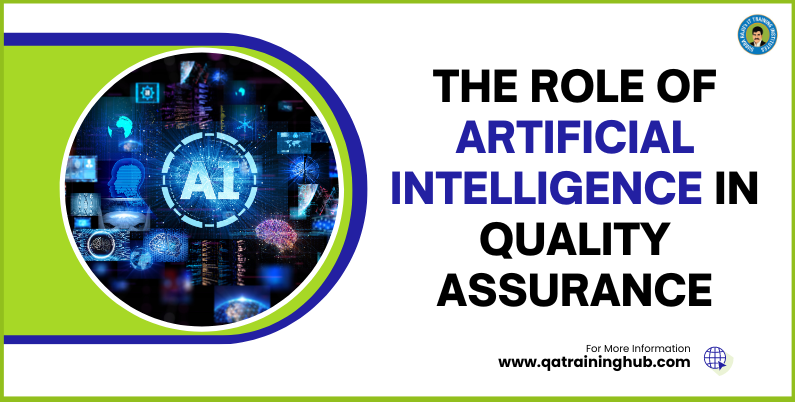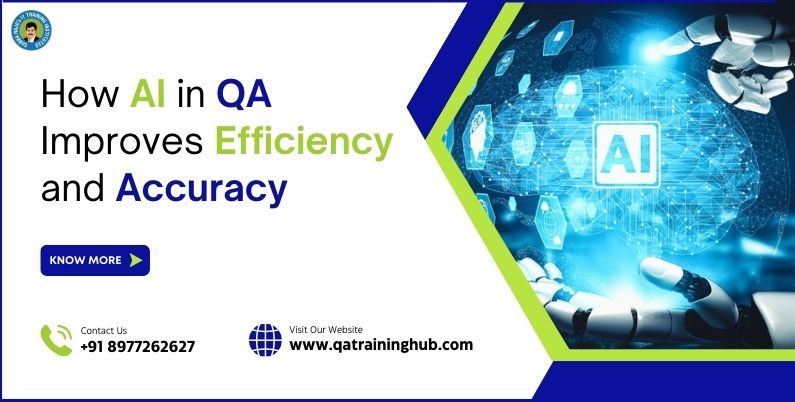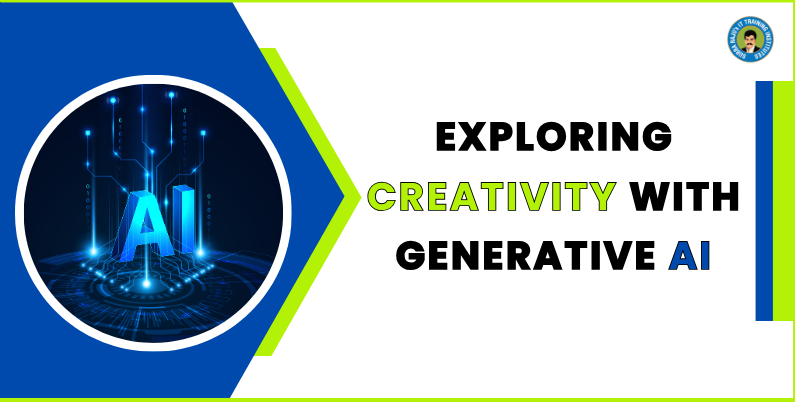The Transformative Power of Artificial Intelligence in Quality Assurance
Introduction:
Artificial Intelligence (AI) plays a significant role in Quality Assurance (QA) and Software Testing, offering several benefits and opportunities for improving the efficiency and effectiveness of testing processes. Here are some key aspects of AI’s importance in QA and software testing.In this, we explore into the multifaceted the role of AI in Quality Assurance, exploring its applications, benefits, and future prospects.
Understanding Quality Assurance:
Quality Assurance includes a set of processes and methodologies designed to ensure that products and services meet established standards and requirements. It involves rigorous testing, monitoring, and continuous improvement to enhance overall quality. Traditionally, QA depended heavily on manual testing, which was labor-intensive, time-consuming, and susceptible to human error. However, the emergence of AI has transformed QA methodologies, offering automation, precision, and scalability like never before.
The Role of AI in Quality Assurance:
Test Automation: AI-powered tools can automate repetitive testing tasks, such as test case generation, execution, and result analysis. Machine learning algorithms can learn from past testing experiences to improve test coverage and identify potential areas of risk, thereby reducing the manual effort required for testing.
Enhanced Test Coverage : AI algorithms can intelligently generate test scenarios and data combinations, leading to broader test coverage. By exploring various permutations and combinations automatically, AI-driven testing can uncover defects that might be missed through manual testing approaches.
Dynamic Test Case Generation: AI techniques such as genetic algorithms and neural networks can generate new test cases dynamically based on changing requirements, system behavior, and user interactions. This adaptability ensures that test suites remain relevant and effective in catching new defects as the software evolves.
Defect Prediction and Prevention: AI can analyze code changes, metrics, and other project data to predict potential defects before they occur. By identifying risky areas in the codebase, QA teams can proactively address issues during development, leading to higher software quality and reduced rework.
Natural Language Processing (NLP) : In industries where textual data plays a crucial role, such as software documentation or customer support, NLP algorithms can analyze and interpret text to ensure accuracy, consistency, and following with standards. NLP-powered QA tools automate the analysis of textual data, enabling efficient identification of errors, inconsistencies, or compliance issues. By optimizing the QA process for textual content, NLP enhances efficiency and ensures adherence to quality standards.
Performance Testing Optimization: AI can simulate thousands of virtual users to conduct performance testing under various scenarios and load conditions. By using AI for performance testing, QA teams can identify performance bottlenecks, optimize system scalability, and ensure optimal user experience under heavy loads.
Self-healing Systems: AI can enable self-healing systems that automatically detect and recover from failures during testing or production. By incorporating AI-driven monitoring and anomaly detection mechanisms, organizations can minimize downtime and enhance overall system reliability.
Popular AI tools in QA:
Testim: Testim is an AI-based automation testing platform that uses machine learning algorithms to speed up the creation and execution of tests. It offers features such as self-healing tests, smart element locators, and dynamic test data generation.
Mabl: Mabl is a SaaS platform that uses AI for automated testing of web applications. It provides intelligent test automation capabilities, including self-healing tests, autonomous test maintenance, and advanced analytics for test insights.
Applitools: Applitools offers AI-powered visual testing and monitoring solutions for web and mobile applications. Its Visual AI technology can automatically detect visual errors and differences across different browser and device configurations.
Test.ai: Test.ai provides AI-driven testing solutions for mobile and web applications. Its platform uses computer vision and machine learning to automatically generate and execute tests, detect UI changes, and identify potential issues.
Selenium with AI Extensions: Selenium, a widely used open-source automation framework, can be enhanced with AI-powered extensions and plugins. These extensions provide additional capabilities such as smart element locators, self-healing tests, and predictive analytics.
Conclusion:
The integration of Artificial Intelligence (AI) in Quality Assurance (QA) emerges as a transformative force, shaping the future of testing methodologies and quality standards. AI-driven QA is revolutionizing the way products and services are tested and validated.As QA Training Hub, it’s crucial to recognize the profound impact that AI-driven QA methodologies have on the industry landscape. By embracing AI technologies, organizations can streamline testing processes, enhance productivity, and deliver high-quality products and services that meet the evolving needs of customers.
At QA Training Hub, we are committed to providing comprehensive training programs that empower professionals with the knowledge and skills needed to navigate the complexities of AI-driven QA . By staying updated on the most recent advancements in the role of Artificial Intelligence in Quality Assurance, we equip our students with the tools they need to thrive in the ever-evolving field of Quality Assurance.
In conclusion, The role of Artificial Intelligence in Quality Assurance is Unquestionable, providing unparalleled chances for innovation, efficiency, and competitiveness.By embracing AI-driven QA methodologies, organizations can unlock new possibilities for growth and success in the digital age. As pioneers in QA training, QA Training Hub is dedicated to empowering professionals with the expertise they need to excel in this dynamic and rapidly evolving field. Join us on this transformative journey and launch a fulfilling career in AI-driven Quality Assurance.








